Acupuncture for Fertility: Unlocking the Potential for Conception
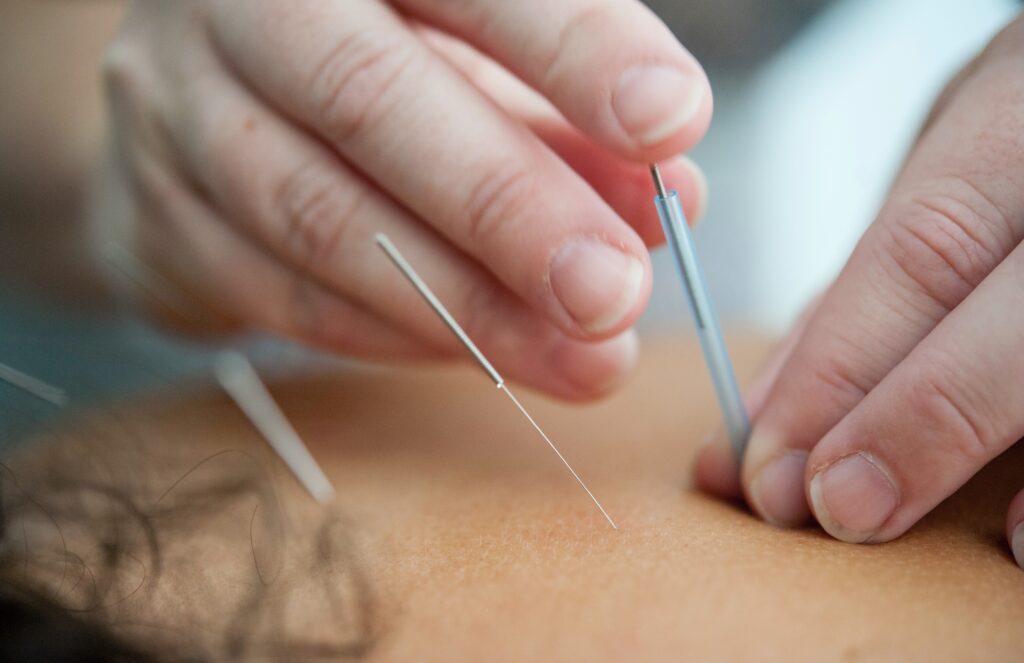

Acupuncture cannot treat infertility but it definitely improves the chances of conception with a holistic approach. When it comes to addressing infertility, couples often explore a wide range of options, from traditional medical treatments to alternative therapies.
One such alternative therapy that has gained attention in recent years is acupuncture. This ancient practice, rooted in Traditional Chinese Medicine, involves the insertion of thin needles into specific points on the body. But how does acupuncture relate to infertility, and can it really make a difference in your journey to parenthood?
Let’s dive in and explore the connection between acupuncture and infertility.
Get in touch for FREE SURROGACY CONSULTING:
Mobile: +91-8800481100 ( WhatsApp, Line, Viber)
Email: neelam@ivfconceptions.com
Surrogacy costs resources worldwide:
Top 4 cheapest countries for surrogacy
Best Countries for Surrogacy 2023- Top International Destinations
Risks of international surrogacy
Global International Surrogacy Options
Surrogacy In Mexico-Everything Intended Parents Need To Know
Cheapest Country For Gay Surrogacy- Colombia
Low-cost surrogate mother in Argentina
Some studies have shown that acupuncture can improve infertility treatment with increased sperm quality and ovarian function. However, there is no conclusive evidence that indicates that acupuncture can treat infertility or help you conceive.
One such method that has garnered attention is acupuncture, an ancient practice with potential benefits for fertility. While the scientific evidence remains a subject of ongoing debate, the holistic approach of acupuncture continues to attract those seeking alternative pathways to parenthood.
According to the Centre for Disease Control and Prevention, one in 100 women aged 15 to 44 in the United States is having trouble getting pregnant. There are many medically proven Assisted Reproductive Technique (ART) options to treat infertility like IVF, IUI, ICSI, egg donation, and surrogacy. But a more holistic approach like acupuncture is also suggested.
So, what is Acupuncture and how can you treat infertility by using it? Want to know more about it, read further.
What is acupuncture and Acupuncture for Infertility
Acupuncture is an ancient technique developed in Chinese medicine to treat different diseases by activating specific points with needles on the skin. The method of stimulating nerve-rich areas of the skin surface of affected tissues, glands, organs, and specific body functions. It is a minimally invasive procedure.
Each needle causes a small injury in the insertion site and while it is small enough to cause little or no pain, a signal suffices to let the body know that it must respond.
It may help by:
- relieve stress that boosts fertility
- regulate hormonal imbalances and rule out irregular cycles.
- increase blood flow to the uterus and ovaries

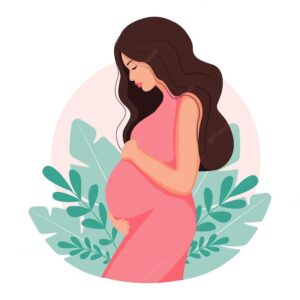 A Holistic Approach to Reproductive Wellness
A Holistic Approach to Reproductive Wellness
Acupuncture’s potential benefits extend beyond conception itself. Regulating menstrual cycles, enhancing sperm count and motility, improving blood circulation to reproductive organs, and reducing stress and anxiety are among the outcomes attributed to acupuncture.
In a world where stress is a common companion on the journey to parenthood, acupuncture’s stress-relieving potential holds promise as an invaluable tool.
What is the philosophy behind acupuncture?
As the ancient custom is not always focused on scientific and medical sciences, China’s theory behind acupuncture is a little more complicated. We thought the human body was filled and powered by a life-giving intangible force called the “qi,” and that, when the qi flows well, a person would experience good mental and physical health in all areas. If the qi flows improperly, it would result in disease.
How acupuncture can treat fertility? How Acupuncture and Infertility Related
Acupuncture has been prescribed for various medical conditions affecting fertility. Which include PCOS, endometriosis, ovarian reserve, fibroids, and sperm quality issues. It can also help to alleviate some of the side effects of fertility medicines. Acupuncture was shown to encourage relaxation.
Although acupuncture is effective in treating secondary fertility problems in some medical trials, other trials have not shown any effect of acupuncture on fertility. It is good to know that there is no conclusive evidence to support the use of acupuncture for the treatment of infertility.

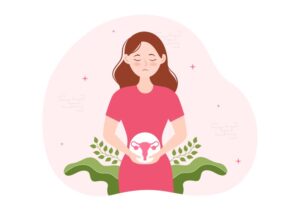 How does acupuncture work?
How does acupuncture work?
Firstly, your doctor will inquire about your history of health. Then he or she examines your tongue’s form, color, and coverage, feels your pulse, and, depending on your personal health needs, may perform further physical exams.
The acupuncturist can recommend a proper therapeutic plan to address your specific condition with these unique assessment tools. You are comfortably put on a treatment table to begin the acupuncture treatment, while correct acupoints are stimulated in different corporeal areas. The fine needles are gently put. Most people experience no or minimal pain. Normally the needles are kept between 5 and 30 minutes.
How Acupuncture May Help with Infertility
- Regulating Menstrual Cycles: Acupuncture may help regulate irregular menstrual cycles. A study published in the Journal of Alternative and Complementary Medicine[^1^] found that acupuncture improved menstrual regularity in women with polycystic ovary syndrome (PCOS), a common cause of infertility.
- Enhancing Blood Flow: Improved blood circulation is essential for reproductive health. Acupuncture can enhance blood flow to the uterus and ovaries, creating a more favorable environment for conception [^2^].
- Stress Reduction: Stress can have a negative impact on fertility. Acupuncture has been shown to reduce stress and promote relaxation, potentially improving the chances of conception [^3^].
- Hormone Balance: Acupuncture may help balance hormones involved in the reproductive cycle, such as follicle-stimulating hormone (FSH) and luteinizing hormone (LH) [^4^].
Acupuncture and IVF
For couples undergoing in vitro fertilization (IVF), acupuncture has gained popularity as a complementary therapy. Research suggests that acupuncture, when administered before and after embryo transfer, may enhance the success rates of IVF. A systematic review published in the journal Fertility and Sterility [^5^] found that acupuncture may improve clinical pregnancy rates.
| Study | Findings |
| Fertility and Sterility [^5^] | Acupuncture increased the odds of a successful pregnancy when performed on the day of embryo transfer. |
Additional guides for infertility treatments:
What is the cause of infertility in elderly women?
What is the cause of male infertility?
When you should start doing acupuncture?
It is often recommended that women begin acupuncture 3 months before treatment, such as IVF or (IUI). However, it could be useful to start acupuncture along with the therapy recommended by your doctor.
The question of when to seek acupuncture as part of the fertility journey is multifaceted. While fertility specialists may recommend consultation after several months of unsuccessful attempts, the integration of acupuncture can begin earlier.
Some practitioners advise starting acupuncture a few months prior to attempting conception. This timing enables acupuncturists to assess the body’s response over multiple menstrual cycles, ultimately informing a tailored approach.
How frequently should I practice acupuncture?
Your acupuncturist will tailor the care but typically suggests caring one to three times a week. Each session following the first can take up to one hour — first, a 20- 40-minute needles session by your acupuncturist.
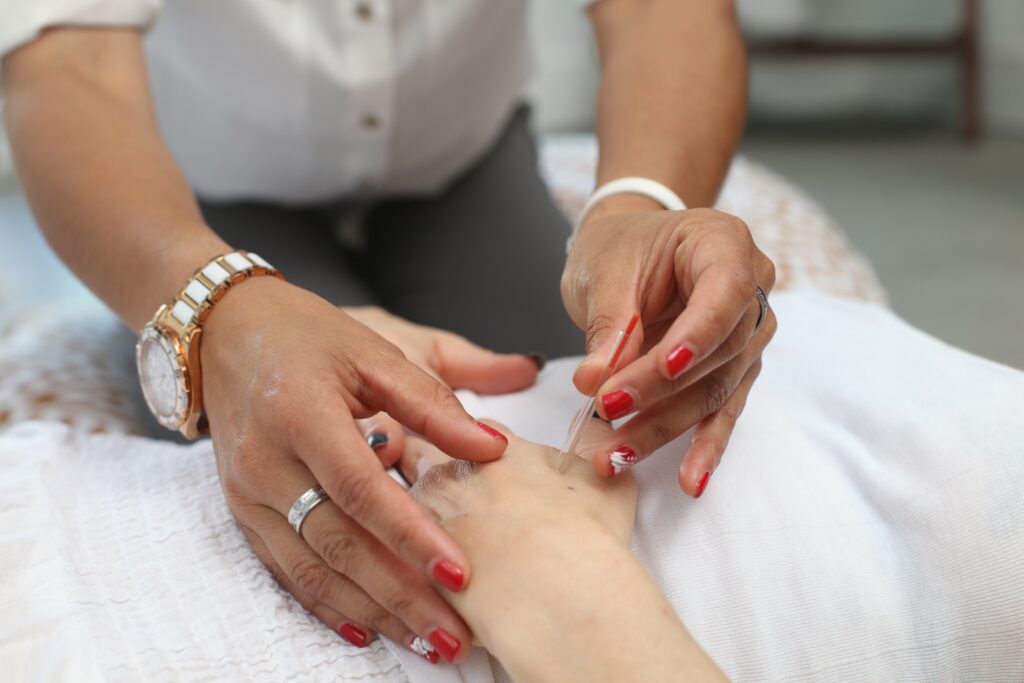

How should I find an acupuncturist?
An acupuncturist should be registered with the National Acupuncture and Oriental Medicine Commission (NCCAOM) or the American Medical Acupuncture Board (ABMA) in the United States. ABMA only refers to acupuncturists, who are themselves acupuncturists, and most acupuncturists are not listed. Besides, the acupuncturist should be authorized to practice in his / her state, if required by the state. The American Board of Oriental Reproductive Medicine can also certify acupuncturists who specialize in fertility.
What You Should Know Before Trying Acupuncture
While acupuncture shows promise in aiding fertility, it’s important to approach it as a complementary therapy rather than a standalone solution. Here are some key points to consider:
- Consult with a Specialist: If you’re considering acupuncture for infertility, consult with a licensed acupuncturist who specializes in reproductive health.
- Combine with Conventional Treatments: Acupuncture can work hand in hand with conventional infertility treatments, such as IVF. Discuss the integration of acupuncture with your healthcare team.
- Patience and Consistency: Acupuncture may require multiple sessions before its effects become apparent. Be patient and consistent in your treatment.
- Individual Results Vary: Keep in mind that responses to acupuncture can vary from person to person. What works for one individual may not work the same way for another.
Does the needle used in acupuncture hurt?
Few or no discomfort in most cases. Some people may have a sweet, stupid feeling, pinch, or shock. At the places where the needles are fitted, bruising may occasionally occur. Let your acupuncturist know that you take aspirin or other anticoagulants. Owing to the use of disposable needles by trained acupuncturists, the risk of infection is extremely low.
Do I have to follow any instructions regarding my daily routine after acupuncture?
Although your acupuncturist may advise you to follow a healthy diet/lifestyle, there is nothing strictly prohibited. Acupuncture also contributes to relaxation, so it may be helpful to avoid high physical activity after the session.
Research about fertility and acupuncture?
At present, there is no compelling evidence that acupuncture increases fertility or not.
Studies from 2017 found that not enough evidence existed in women with polycystic ovary syndrome to promote the use of acupuncture to treat infertility. In a 2016 review, scientists did not conduct well-designed studies or come to strong conclusions when considering the use of acupuncture for male fertility. In a 2018 study, acupuncture had effects on live births of in vitro fertilization (IVF) women compared with mock acupuncture.
Half participants received actual acupuncture therapies from 6 to 8 days of follicle stimulation while undergoing IVF. The other half was treated with non-invasive needles, which are removed from trigger points by acupuncturists.
Live births occurred in 18.3% of women in the sham control group, compared with 17.8% of women.

 Risks and side effects of acupuncture
Risks and side effects of acupuncture
Navigating Safety Concerns
Safety is paramount, especially when considering fertility interventions. Acupuncture, with its extensive history and widespread use, aligns with established safety standards.
The practice involves the insertion of fine needles into acupoints, promoting the body’s natural healing response. The meticulous approach of licensed acupuncturists and their focus on reproductive health contributes to the overall safety of the practice.
Following are the potential risks of acupuncture –
- If a patient takes blood dilutants, it is dangerous.
- Installation sites can cause bleeding, bruising, and soreness.
- The patient may be contaminated with unsterilized needles.
- A needle can break and damage an internal organ in rare cases.
- There is a risk of collapsing the lung when it is deeply inserted into the chest or upper back.
Embracing Individualized Approaches
The decision to explore acupuncture as a fertility-enhancing method is deeply personal. The relief it offers from the emotional and mental stress of infertility can be transformative.
Acknowledging that each fertility journey is unique, acupuncturists tailor their approach to address individual needs. Collaborating with healthcare providers ensures a holistic approach that aligns with a person’s specific circumstances.
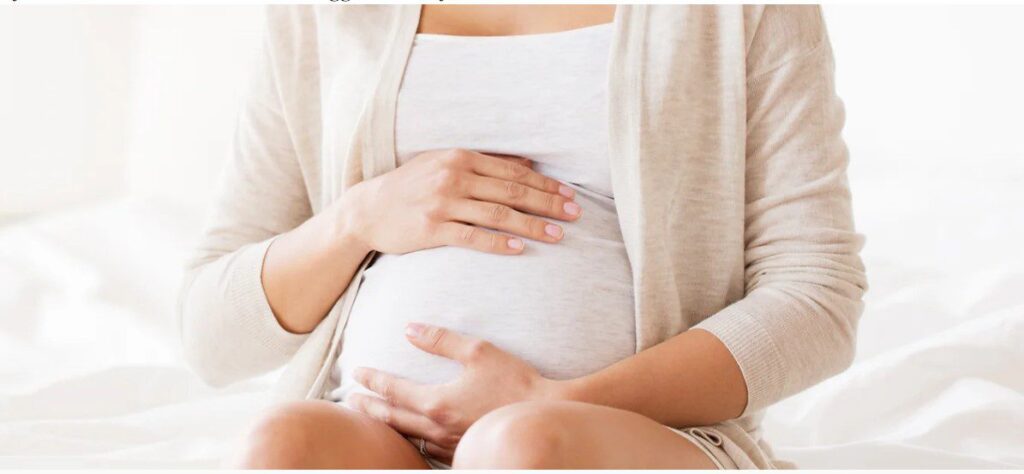

Conclusion
In the quest to embrace diverse approaches to fertility enhancement, acupuncture emerges as a bridge between ancient wisdom and modern aspirations.
While the scientific community continues its exploration, the potential benefits of acupuncture for regulating cycles, improving reproductive health, and alleviating stress cannot be ignored.
As couples navigate the intricate path to parenthood, acupuncture stands as a supportive companion, offering a holistic perspective on the journey toward conception.
Therefore, if you wish to know more about how can acupuncture treat infertility, you can talk to your fertility specialist if you want to know more about acupuncture and fertility. But make sure you visit a certified acupuncturist to avoid the risks of acupuncture.
If I have to share my personal experience, we had an intended mother in her late twenties who was struggling with infertility due to PCOS. As she had a couple of failed IVF cycles, she thought of using a surrogate mother. Before starting the next cycle, she was advised to try acupuncture. She has 2 sessions a week. Although she did not expect much from it, joyfully she conceived twins after a few months.
It can be that her acupuncture session did help or maybe her healthy lifestyle improved her fertility or all of them played a mutual role.
As age was on her side, with a good lifestyle and a little bit of help from alternative medicine like acupuncture she conceived.
So, it does not hurt to try such ancient and alternative methods. If not anything, they might help you decrease stress and make you more optimistic while dealing with infertility.
If you’d like to learn more about IVF, Egg Donation, or surrogacy services globally, check out the rest of our website: IVF Conceptions. We offer legally secure and affordable surrogacy consulting services for FREE.
Get in touch for FREE SURROGACY CONSULTING:
Mobile: +91-8800481100 ( WhatsApp, Line, Viber)
Email: neelam@ivfconceptions.com


FAQs Can Acupuncture Treat Infertility?
Certainly! Here are the answers to your questions without the numbers:
Can acupuncture improve fertility?
Acupuncture might enhance fertility by promoting blood flow, reducing stress, and regulating hormones.
What is the connection between acupuncture and infertility treatment?
Acupuncture aims to balance energy flow (Qi) in the body. In infertility, it may enhance reproductive function and support conception.
Are there any studies supporting acupuncture’s effectiveness for infertility?
Yes, some studies suggest acupuncture can improve fertility outcomes by enhancing ovulation, implantation, and overall reproductive health.
How does acupuncture influence reproductive health?
Acupuncture may improve reproductive health by reducing stress, regulating hormones, improving blood circulation, and promoting overall wellness.
Is acupuncture a safe option for fertility enhancement?
Generally, acupuncture is considered safe when performed by trained practitioners. It’s non-invasive and has few side effects.
What should I expect during an acupuncture session for infertility?
During a session, thin needles are inserted into specific points on the body. You’ll likely feel minimal discomfort and relaxation.
Can acupuncture help with male infertility as well?
Yes, acupuncture can address male infertility by potentially improving sperm quality, count, and motility.
How many acupuncture sessions are typically recommended for fertility issues?
A typical course involves weekly sessions for several months. The exact number varies based on individual needs and progress.